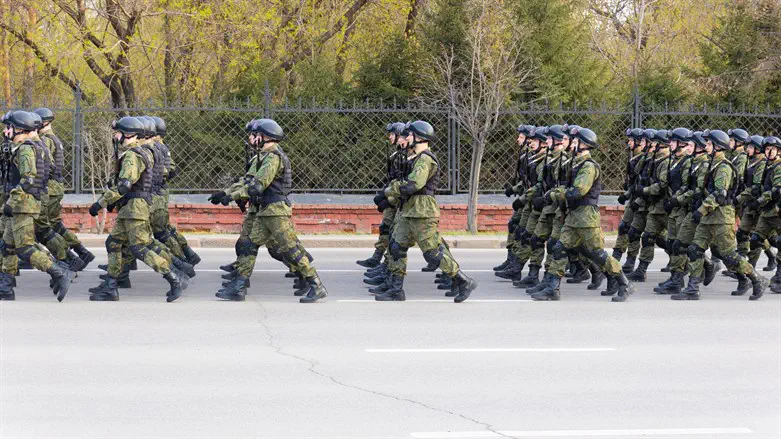
The Russian parliament has passed a decision allowing commanders on the front line to punish soldiers using personal cell phones.
The aim of the decision is to reduce the use of cell phones on the front line, which often reveals the locations of forces.
Such incidents are viewed negatively in many countries, including Israel. On Thursday, it was announced that a soldier who shared footage and details of the operation in Khan Yunis to recover the bodies of five Israeli hostages may have revealed his force's location and jeopardized their safe extraction. The IDF soldier responsible has been summoned to a disciplinary hearing and is expected to serve a prison sentence for his offense.
In the US Institute for the Study of War, they said that some members of parliament opposed the proposal, adding that "it is still unclear if the Russian military command will be able to enforce penalties for using personal devices in Ukraine."
"It is likely that the Russian military will have a very hard time eliminating its dependence on unsecured personal devices for many advanced missions," said the institute.
Earlier this week, it was reported that at least 12 Russian soldiers died this week as a result of eating poisoned watermelons.
The soldiers served the Russian army in the occupied city of Kherson and apparently, Ukrainian resistance fighters in the city provided them with the poisoned watermelons.
Pyotr Andriyushchenko, an advisor to the exiled mayor of Mariupol, commented on the report and said that "the resistance movement is fighting actively."

